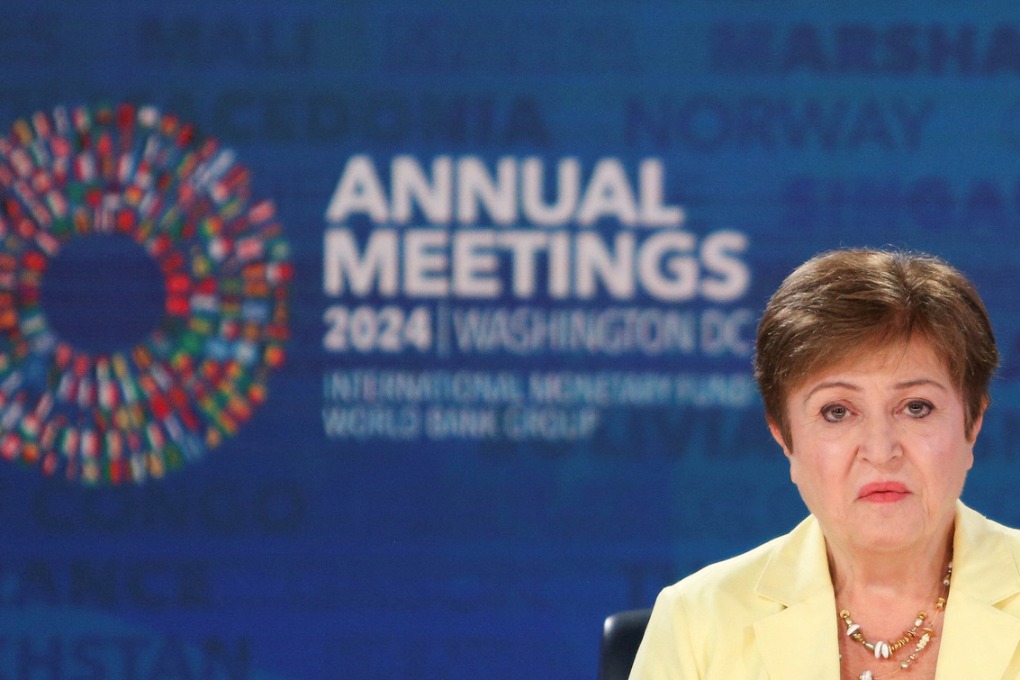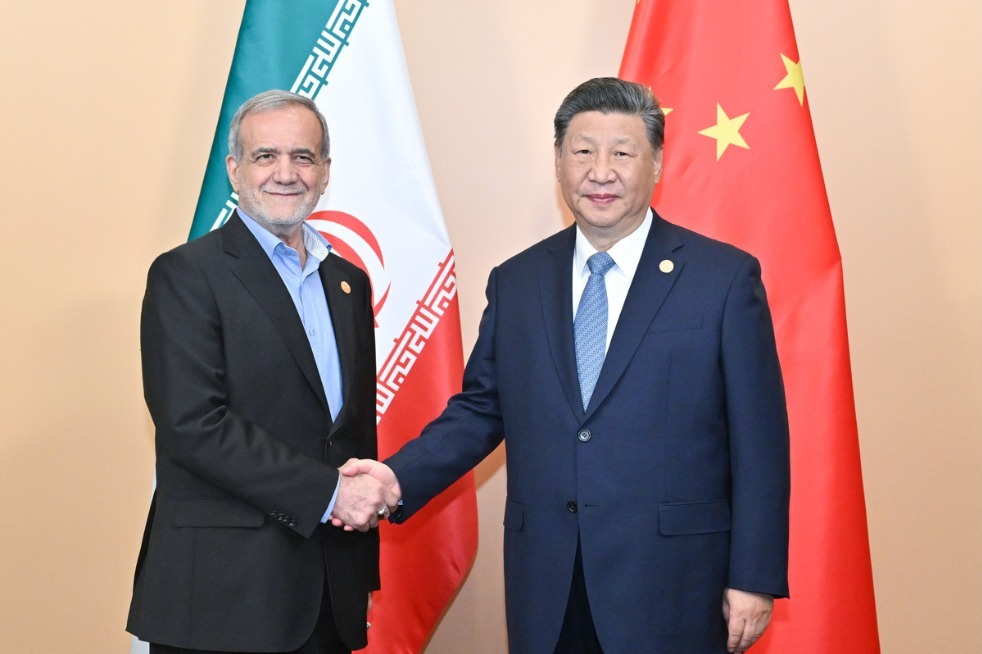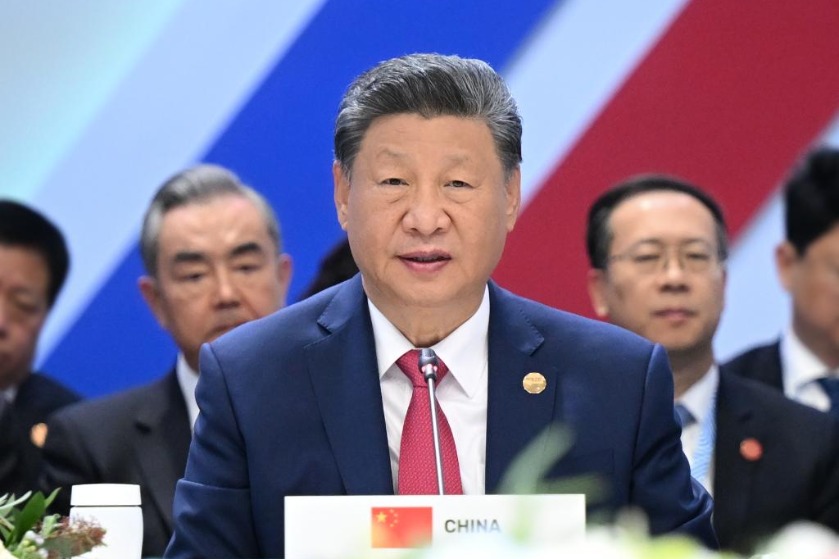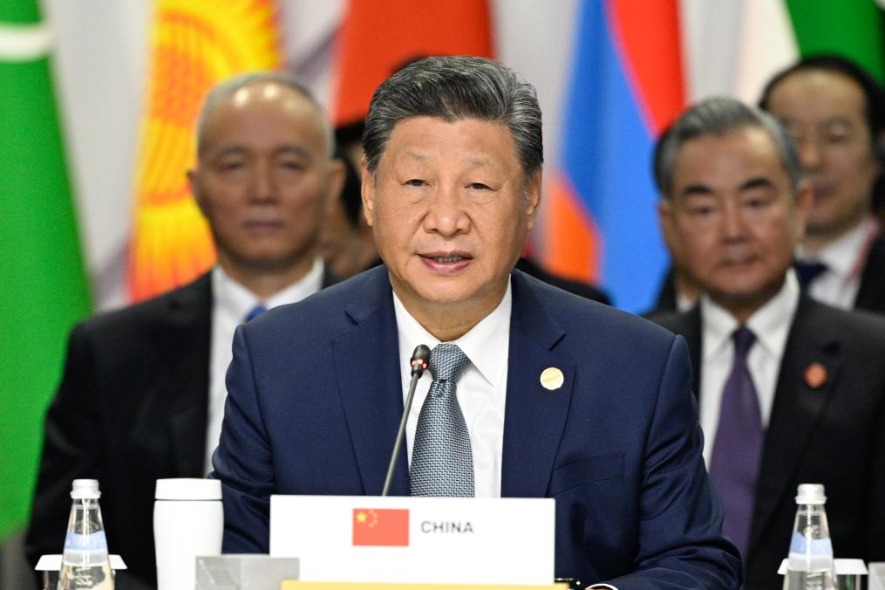UK seeks to take lead in fusion energy

Communities in the United Kingdom have until the end of March next year to submit their bids to be the site of a prototype nuclear power fusion plant, under a new government initiative known as Step, standing for the Spherical Tokamak for Energy Production.
The plan is part of what has been called the government's green industrial revolution to tackle the climate crisis. "We want the UK to be a trailblazer in developing fusion energy," said Business and Energy Secretary Alok Sharma, adding that the prospect of communities potentially helping the UK become the first country to make fusion power commercially viable was an "incredible opportunity to secure their place in the history books."
The fusion process, which aims to replicate the reactions that take place inside the sun, and is powered by a hydrogen isotope found in seawater, produces much lower levels of radioactive waste than the more common nuclear fission process, and as such, any site would not need an exclusion zone around it.
A fund of 222 million pounds ($296.5 million) has been put aside for the project, with a site being chosen by the end of 2022 and the plant built by 2040.
"It's ambitious and adventurous, but I think the fusion program has to be," said Howard Wilson, director of the Step program at the UK Atomic Energy Authority, also known as the UKAEA. The world's largest functioning fusion reactor is in the UK, a facility called Jet at the Culham Science Centre near Oxford, which is run by the UKAEA.
However, the site is not big enough to house Step, and a much larger reactor called Iter, due to be productive from 2025 onwards, is currently being assembled in France as part of a multi-national project involving China, India, Japan, South Korea, Russia, the United States and the countries of the European Union, working as one entity.
Britain has a stake in Iter through its membership of the European Atomic Energy Community, known as Euratom, but it is currently scheduled to leave it at the end of the year as part of the Brexit process. The government says it hopes it will be able to remain part of Iter as an associate member.
Iter's chief scientist Tim Luce said the Step project would help the UK maintain its prominent place in the world of fusion technology.
"To get a return on investment from ITER, countries need domestic expertise and a path forward," he added.
Ian Chapman, chief executive of the Culham Centre and head of the UKAEA, added that Step should not be seen "as a sign of turning our back on international collaboration."

































